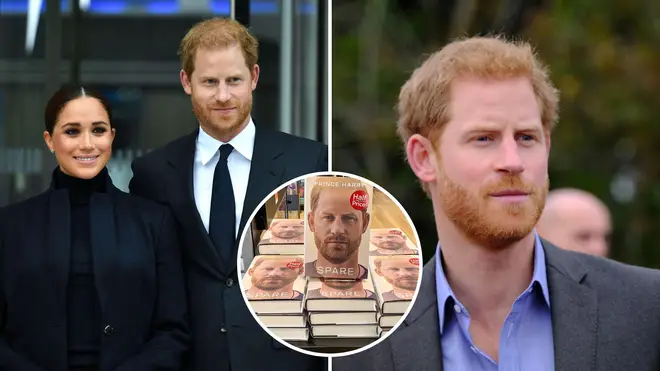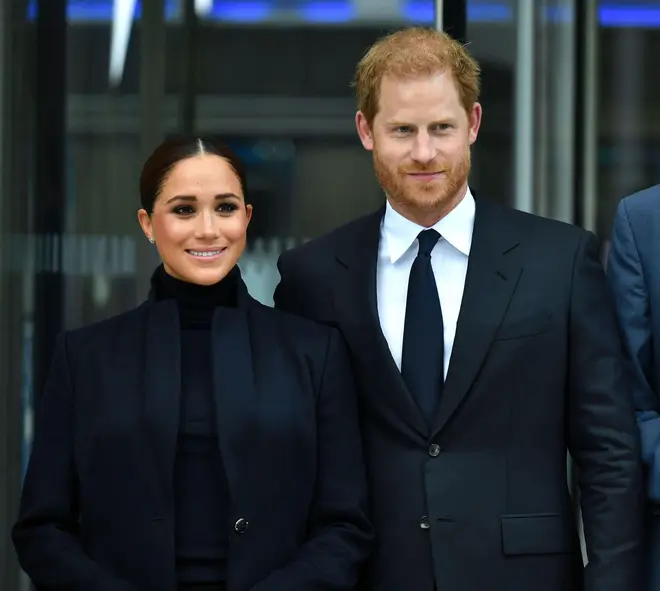
Nick Abbot 12am - 1am
6 June 2023, 22:21 | Updated: 7 June 2023, 00:09

A judge has given the US Department of Homeland Security (DHS) until next Tuesday to make a decision on whether to publish Harry's visa application.
Judge Carl J Nichols told the DHS they had a week, until June 13, to decide whether to release the details of Prince Harry’s visa application.
A right-wing think tank based in Washington, the Heritage Foundation, brought the legal case against the DHS after the Duke of Sussex admitted to substance use in his memoir earlier this year.
The legal complaint was filed under Freedom of Information laws, using the argument that Harry’s visa application was of “immense public interest”.
But the US department contested this, arguing it is not of public interest.
US Border Patrol, among other agencies in the department have already denied the requests, but the agency’s headquarters has not yet reached a decision.
Heritage Foundation questioned the US government’s decision to grant the duke a visa in 2020, as drug use is typically ruled grounds to throw out an application.
The think tank queried: “Whether DHS properly admitted the Duke of Sussex in light of the fact that he has publicly admitted to the essential elements of a number of drug offences in both the United States and abroad.”
Listen and subscribe to Unprecedented: Inside Downing Street on Global Player
Read more: Prince Harry's visa faces legal challenge in US court amidst controversy over drug disclosures

Read more: Softly-spoken Harry visibly 'warmed up' as he unleashed his 'bombshell evidence,' says LBC reporter
The first hearing was held in a federal court in Washington and lasted over an hour.
Originally, the think tank made a request which was rejected by US Customers and Border protection because Harry had not “consented to his information being released to plaintiffs.”
In an extract from his memoir, Harry wrote: “Of course, I had been doing cocaine around this time. At someone’s country house, during a shooting weekend, I’d been offered a line, and I’d done a few more since.”
The think tank previously have questioned whether the duke lied on his application or whether he was truthful and given ‘special treatment’.
Sam Dewey, of the Heritage Foundation counsel, said: “We view it as a very serious question – why he’s let in, no problem, given everything that we know, which we’ve explained in detail, and others aren’t let in.
“The [US] government has taken the position that there’s nothing to see here. We’ve taken the position that no, if you look through all the details of his admissions, you look at the drug laws, you look at the laws on admissions, there’s a real serious question as to whether or not he should have been admitted.”
The case brought against the US government follows the duke’s first day in trial in the UK against Mirror Group Newspapers amid allegations of unlawful information gathering.